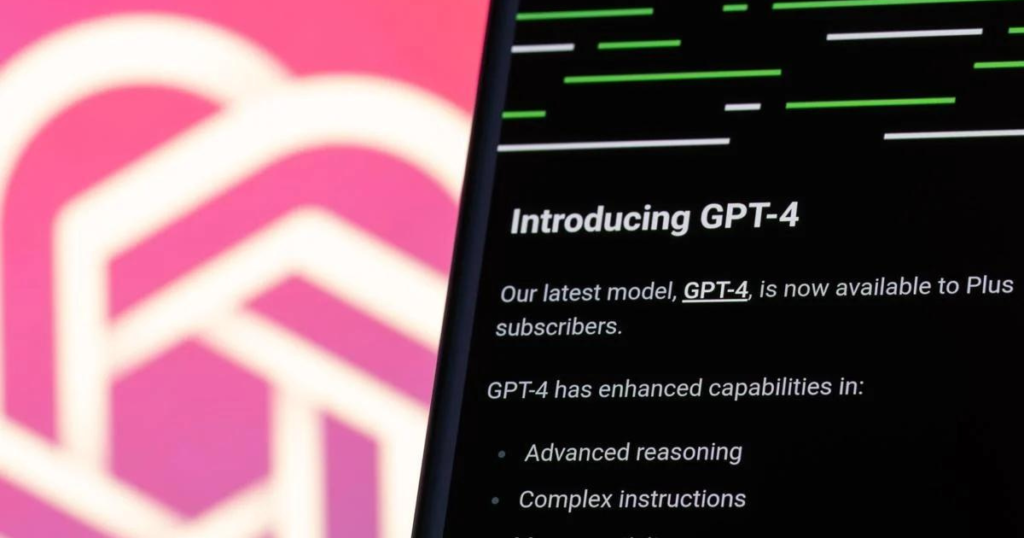In the era of digital technology, artificial intelligence (AI) and chatbots are reshaping various sectors, including health care. Of particular interest is the significant role they play in mental health care, providing an accessible, cost-effective, and stigma-free alternative to traditional forms of therapy.
The Emergence of AI and Chatbots in Healthcare
AI and chatbots are not new to the healthcare industry. They have been used for several years in tasks like scheduling appointments, monitoring patient health, and providing basic health information. However, the application of these technologies in the field of mental health is a relatively recent development.
AI-powered chatbots in mental health, often referred to as “therapy bots”, are designed to simulate conversations with humans, providing psychoeducation, cognitive behavioral therapy, and even mindfulness exercises. In many ways, they serve as an on-demand therapist, available 24/7.
The Advantages of AI and Chatbots in Mental Health Care
AI and chatbots bring numerous benefits to mental health care, especially in terms of accessibility, cost-effectiveness, and stigma reduction.
Accessibility
AI chatbots are available at any time and from any place, offering mental health support to those who may not otherwise have access due to geographic limitations, mobility issues, or limited availability of mental health professionals in their area.
Cost-Effectiveness
Traditional therapy can be expensive, often making it inaccessible to a significant portion of the population. AI-powered therapy bots, on the other hand, offer a more affordable alternative, making mental health care more universally accessible.
Stigma Reduction
The stigma associated with mental health continues to be a significant barrier to seeking help. AI chatbots offer a degree of anonymity that can help reduce the fear and stigma associated with seeking mental health support.
The Limitations and Ethical Considerations of AI and Chatbots in Mental Health Care
Despite the many advantages, it’s important to acknowledge the limitations and ethical considerations associated with the use of AI and chatbots in mental health care.
AI chatbots are incapable of providing the same level of empathy and understanding that a human therapist can. They are also unable to make complex clinical judgments or handle emergencies, such as suicidal ideation, which may arise during therapy.
Furthermore, there are significant ethical considerations, particularly around privacy and data security. Ensuring that sensitive mental health data is protected and used ethically is paramount.
Real-World Examples of AI and Chatbots in Mental Health Care
To illustrate the potential of AI and chatbots in mental health care, let’s look at some real-world examples:
- Woebot: Woebot is an AI-powered chatbot that uses principles of cognitive-behavioral therapy to help users manage their mental health. It offers daily check-ins, mood tracking, and lessons on various topics related to mental health.
- Wysa: Wysa is an AI chatbot designed to provide emotional support and uses evidence-based cognitive-behavioral techniques, meditation, breathing, yoga, and motivational interviewing.
- Tess: Tess is an AI chatbot that delivers mental health support on demand. It can be used via text, voice, or in an app and is customizable to suit the needs of individual users or organizations.
Conclusion
AI and chatbots are innovative and promising tool in mental health care. They offer the potential to make mental health support more accessible, affordable, and stigma-free. However, it’s crucial to consider their limitations and ethical implications.
